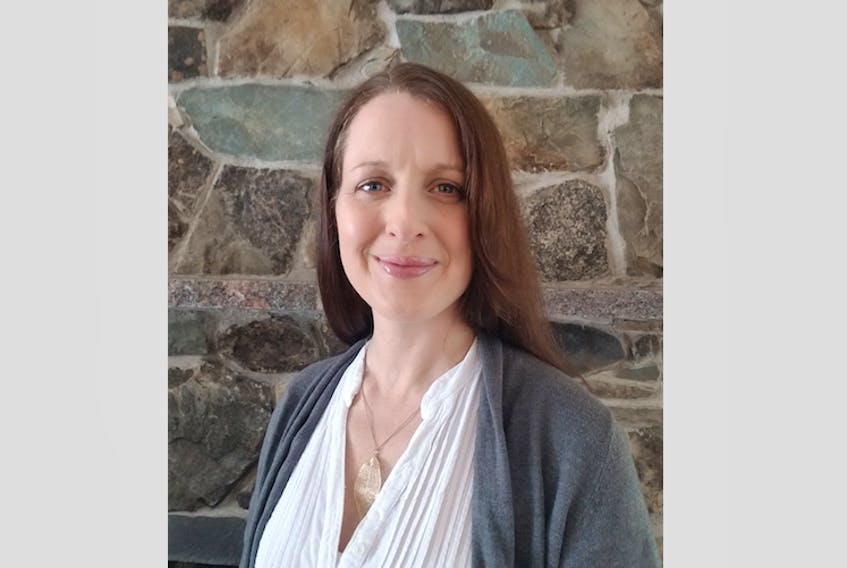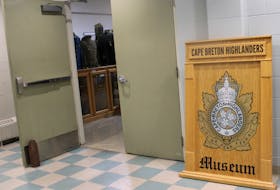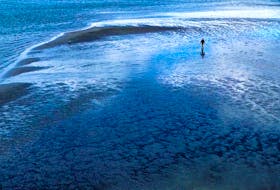This is always a busy time of year for the Tusket River Environmental Protection Association, which is getting ready to hold its annual general meeting and its yearly “freecycle” event, which will take place April 17 and 27, respectively.
The association also has a garbage pickup planned for part of Yarmouth County on May 4.
First, though, it’s the AGM, which is set for Wednesday, April 17, at the Lake Vaughan fire hall, where the scheduled guest speaker is Lesley Farrow, a conservation biologist with the Canadian Wildlife Service, a branch of Environment and Climate Change Canada. (Her bio towards the end of this story.)
Those attending the meeting can have snacks and coffee starting at 6:30 p.m., with the meeting getting underway at 7.
April also is the month for TREPA’s “freecyle” event, which will be held Saturday, April 27, at the Beacon United Church hall in Yarmouth.
This is a chance for people to drop off used-but-still-functioning electronics.
The event is viewed as good for the environment – helping to keep stuff out of the landfill – and beneficial to people who might find it hard to afford these types of items if they had to buy them.
The drop-off period is from 9 to 10 a.m. on the day of the event. Pickup starts at 10.
A week later – on Saturday, May 4 – TREPA plans to have a garbage pickup. Scheduled to get underway at 9 a.m., the event will start at the Tusket River bridge on Wilson Road, working towards Springhaven.
TREPA could use some help with this event, says John Sollows, the association’s executive director.
Lesley Farrow
The following is a bio on Lesley Farrow, the guest speaker for TREPA’s April 17 annual general meeting:
Farrow (nee Corning) is a conservation biologist with the Canadian Wildlife Service, a branch of Environment and Climate Change Canada (ECCC). She grew up in Dartmouth and has a personal connection to Yarmouth – her father’s hometown – spending her summers at a family cottage on Brazil Lake.
She completed both her bachelor of science and master of science degrees in biology at Saint Mary’s University, where her research focused on bats and the relationship between their distribution and the forest habitats they depend on. Her masters research took her all over southwest Nova Scotia monitoring bat activity along rivers. Following completion of her MSc, she worked as a forest researcher with the Mersey Tobeatic Research Institute in Caledonia, followed by a year in Iqaluit, Nunavut with the Nunavut Wildlife Management Board.
Farrow’s work with the Canadian Wildlife Service began in 2013 when she was the lead co-ordinator and author in the development of a habitat conservation strategy for southwest Nova Scotia. She has built on her unique work experiences and a strong connection to southwest Nova Scotia to develop and foster strong relationships with conservation partners in the region.
Through her current role with ECCC- Canadian Wildlife Service, she provides co-ordination for a collaborative, integrated conservation initiative with partner organizations of the Kespukwitk Conservation Collaborative. The goal of this initiative is to work collaboratively and use two-eyed seeing to identify and implement priority actions for the conservation of ecosystems and the species of conservation concern that they support using a holistic, integrated approach.
Over a decade ago, Mi’kmaq Elder Albert Marshall established the concept of using “two-eyed seeing” – one eye to look at the topic from a Mi'kmaq cultural perspective and the other to look through the lens of mainstream ecology.









